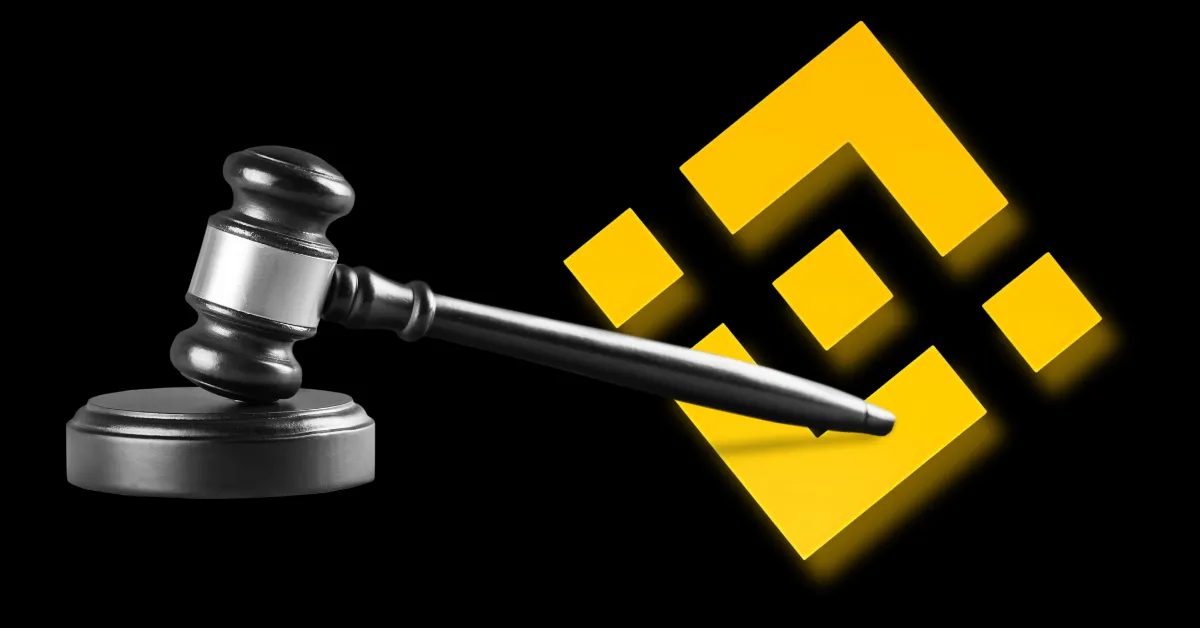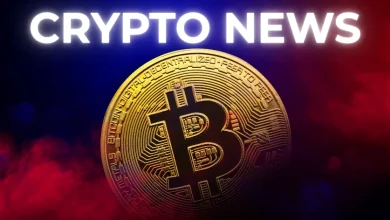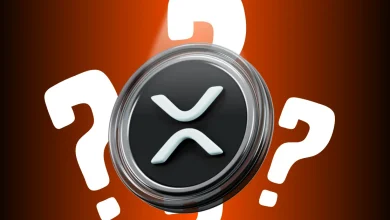
Binance and others beat a $11.9B UK lawsuit over BSV delistings.
Court ruled investors had no legal right to hypothetical crypto profits.
Decision sets a major precedent limiting future crypto litigation claims.
What a twist for crypto litigation in the UK! Binance and several other exchanges just scored a crucial win against a $11.9 billion class-action lawsuit over Bitcoin SV (BSV) delistings.
On May 21, the UK Court of Appeal partially dismissed the high-stakes case, striking down core arguments from BSV investors who alleged that Binance, Kraken, ShapeShift, and Bittylicious robbed them of the chance to ride BSV’s potential moonshot.
That potential, the court made clear, was never legally owed.
Here’s everything you need to know.
A Fight Six Years in the Making
The case centered on the 2019 decision by Binance, Kraken, ShapeShift, and Bittylicious to delist BSV – a Bitcoin fork once promoted by controversial figure Craig Wright.
Investors behind the lawsuit claimed this move blocked BSV from reaching its potential and caused huge losses. They argued BSV might’ve climbed in value like Bitcoin or Bitcoin Cash, if only it had stayed listed.
But the UK Court wasn’t buying it.
“BSV was obviously not a unique cryptocurrency without reasonably similar substitutes,” stated Sir Geoffrey Vos, Master of the Rolls.
In other words? There were always other coins to pivot to.
Investors Have a Duty – and Limits
One of the ruling’s clearest points: investors had a duty to act. If they believed BSV would suffer after delisting, they should’ve moved their funds to other similar assets.
“They had a duty to mitigate their losses,” wrote Master of the Rolls Sir Geoffrey Vos. “They cannot recover losses that they could reasonably have mitigated.”
And because they didn’t, the court said they couldn’t claim damages based on what might have happened. This is a reminder that crypto markets are fast-moving and courts expect investors to act, not sit still hoping for a rebound. Honestly, this is a harsh wake-up call for many.
No Payout for ‘What Could Have Been’
A big part of the investors’ case was the idea of a “loss of a chance”, the chance to make big profits if BSV had remained listed.
The court shut that down completely.
“Cryptos are, by their nature, volatile investments,” the ruling explained. And because of that volatility, the court isn’t going to award money for missed opportunities that may never have happened.
The only valid claims would need to be based on actual, proven losses, not imagined future gains.
A Major Win for Exchanges
This ruling doesn’t just help Binance. It sets a powerful legal example for how courts might handle similar lawsuits in the future.
Even if investors didn’t know about the delisting at the time, the court said their claim was limited to “the total value of their holding before the delisting events plus any quantifiable consequential losses.”
Basically: unless you can show exact losses, you’re not getting a payout.
Good Times Begin for Binance
This win comes right after Binance filed a motion to dismiss another billion-dollar lawsuit – this time from the FTX estate, which wants $1.76 billion. Binance says the FTX collapse was due to its own internal fraud, not anything Binance did.
With this UK decision under its belt, Binance may now have a stronger hand heading into other legal fights.
Never Miss a Beat in the Crypto World!
Stay ahead with breaking news, expert analysis, and real-time updates on the latest trends in Bitcoin, altcoins, DeFi, NFTs, and more.
FAQs
Bitcoin SV investors sued Binance and others for $11.9B, claiming delisting BSV in 2019 cost them potential profits.
It sets a precedent limiting claims based on hypothetical gains and reinforces investors’ duty to act on market events.








